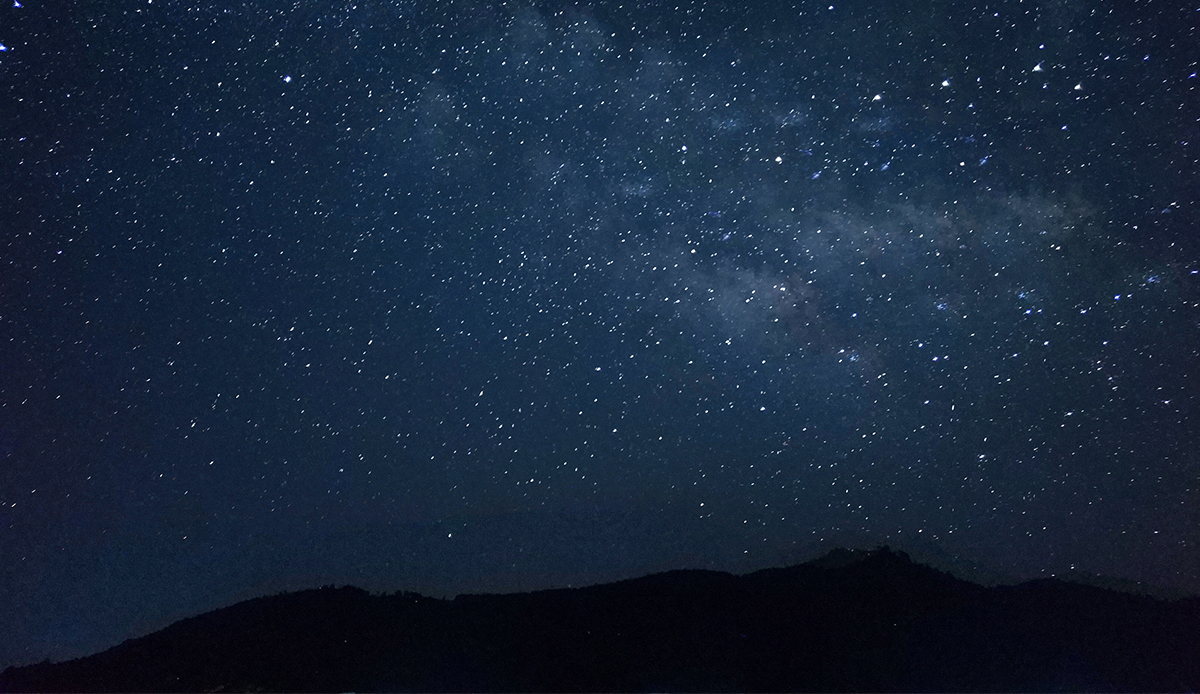Beauty
In the beginning, there was Beauty. Beauty in the four directions. Beauty in the frigid and pale north where the pelican and the egret blend into the glittery frost; Beauty in the scorched and dark south where turtles take their sweet time, stewing in the faithful heat, and alligators swirl in shiny hot waters; Beauty in the rising plenty of the east, wet with the dew of eternal early mornings, of baby whistling ducks and cackling geese forever in their fluffy, untested feathers; Beauty in the dry and aging west, as gray-haired red wolves say goodnight, goodnight. Beauty in the limitless singing sky and in the rust-colored soil, in the cantaloupe rays of the sun and in the winding spine of the country itself: in Mother Mississippi, the water that birthed us all.
Always fickle and out to satisfy herself, Beauty skipped some generations and settled in where she was most at home, most gifted and fed. Not at all innocent but remembered as such, Beauty went away, dreaming when the ugly ships arrived, cutting through the Sea like dull machetes and dumping their suffering onto the Earth. Beauty slept an opaque sleep while the first generations fought it out—imprisoning, innovating, resisting, planting, destroying, erecting, stealing, working, raping—and finally settling into a bitterly cold war. When she woke, she found that she had descendants who told stories about her. And she was happy.
It came from the four directions: desire for Beauty. It came from the hills, the deltas, the seas and the swamps. It came from salt domes and wetlands and wildflowers. It came from Cane River and Bayou Teche, from the Bogue Falaya and the Tunica Hills: desire for Beauty.
Everyone wanted a piece of her. The first one was Cabeza de Vaca, but no one recorded any of the sordid details, even the red-skinned foreigners who arrived on bleeding ships could neither read nor write, so our ancestors listened and told, repeated and listened and told, like the Anandas of the Creole tribe.
Desire for Beauty arose from the sinking earthworks at Port Eads and it traveled slowly, slowly, up to Pilottown, slowly up to Buras and Ostrica and Empire, more quickly up to Bohemia and Pointe à la Hache and Davant, to Phoenix through Jesuit Bend to Woodlawn, all the way up to the high-and-mighty Esplanades, the crumbling Ramparts, and the low-down Basins.
Desire for Beauty tucked tobacco in his lower lip, the facial protrusion a profanity. Desire for Beauty shoed horses and shelled streets and stacked bananas out on the slippery and stinking piers. Desire for Beauty built stately porches and calfskin carriages. Desire for Beauty feigned sickness and hid in the cane trash. Desire for Beauty spoke Catálan and Kreyòl, Castilian and Gaelic, Cantonese and Czech, Yoruba and Flemish and Choctaw, spoke it through crooked and falling teeth, through bearded breath and saltwater spit.
Desire for Beauty was improvised in the rice fields, in rhyming pentameter, in nonsense that masters wouldn’t understand and songs of resistance since love and desire were, in fact, resistance. Desire for her came drenched in sweat and semen, lit up in wax candelabra and oaken torches. And later, from thin reed brushes touched with paint, from styluses made from bamboo and sandalwood, from metal and bone, from the dull tips of feather quills and printing presses came operas for Beauty, plays and symphonies and essays and novels. Wills and last testaments boldly named her: she was Celestine, Azélie, or Euphémie. She was Clotilde. She was Narcisse.
From her head sprung coal-black hair in springy curls, or almond-brown hair hanging heavy like a coat, or reddish-blonde hair in frazzled weightless exultation; she might have worn a scarf or a grass hat, or a fancy tignon made of silk or madras. Beauty was freckled or wide nosed, bronzed or pale, blue eyed or cleft chinned.
Beauty walked down dirt streets and paths where there were no streets nor need for any. She walked down roads of brick and oyster shells, roads punctuated with spent cigar butts and the shit from horses’ dusty asses. Beauty walked, her feet bare or in simple leather slips or in brogans stolen by her mother or fancy boots fastened with buckles or bows.
And desire followed her like a scent.
Recommended
Nor’easter
Post-Op Appointment With My Father
Cedar Valley Youth Poet Laureate | Fall 2024 Workshop





